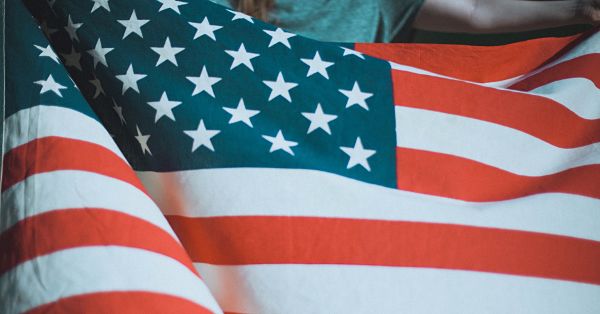 Here is a statement from God’s messenger:
Here is a statement from God’s messenger:
Woe to those who decree iniquitous decrees, and the writers who keep writing oppression, to turn aside the needy from justice and to rob the poor of my people of their right, that widows may be their spoil, and that they may make the fatherless their prey!*
If this is God’s word, and all traditional Christians believe it is, then we are left with several truths about God that are beyond dispute.
God was bringing justice to the leaders of of His people who decreed oppression.
We can argue about whether this attitude is directly applicable to our own Republic, however, even if it is not, then we know at least this: God wanted justice for His people at the time this message was written. The Lord stood in judgement against the rulers who harmed poor and powerless people by their decrees.
If this attitude directly applies to any nation, then the Republic should be careful not to decree oppression. Private organizations should not manipulate rules to enrich the powerful and harm the powerless. Individuals (God help me) should never keep the poor from justice in order to make money. If we do these things, woe is ours.
If God no longer deals with nations as He did in ancient times, then this message from God was fulfilled in the past. God will not directly bring judgement on our nation if our leaders decree oppression. We do know, however, from this and many other messages from God in the Bible what God’s disposition is toward the poor. Any believer in power must take this into account. God is good and His dispositions are good. We would do well to emulate them and it is dangerous to ignore His will.
This Word from God was for a particular people in one place and time, but also is a window to Heaven. God stood with the poor against those who would oppress them then and the words of other propets, Jesus, and apostles like James, suggest that this is a deep, unchanging, transcultural attitude on the part of the Almighty.
Oppression or unrighteousness is applied to economic oppression.
Justice is not just about individual misbehavior, but is applied in this text to the decrees powerful people make toward the poor. God made people and the world people inhabit. As Creator, God made us to flourish, but we mess up. As a result, God provided guidance in every area of our life. One of the most constant areas of guidance is in how to handle wealth and power. Justice and righteousness in Biblical terms requires economic justice.
You cannot rob a widow and keep God’s law.
You cannot deny the poor a fair trail and keep God’s law.
You cannot keep any person from his God given rights and keep God’s law.
In the image of His nature God created in ancient Israel, God provided basic property rights for all the people of Israel. He did not mandate equality of outcomes, but demanded that none of His children were left to starve or face generational poverty. God gave each generation a fresh start and provided for equality before His law.
If you owned a field, the King could not take it. If you were poor, then the judges could not favor the rich person. None of God’s children could remain economic slaves. All were to be allowed dignified work.
Christians today can disagree about how best to achieve these goals. Some Christians have advocated socialism, libertarianism, distributism, and any other number of solutions at the government level. I think a small central government with active, subsidized private charity is best overall. Notice that no Christian can take the option that the poor always deserve what they get, are evil by nature, or that the poor can be ignored. At the least, the poor have a right to the justice system. They should not lose their property, because they are weaker and they must never lose basic human and citizenship rights.
We would be better off as a people who believes in God and God’s message if how best to decree justice was our focus. We must do so in our groups, government, and as individuals. The mix, who should do what, is up for debate, but economic justice is not.
———————————-
Isaiah 10:1











